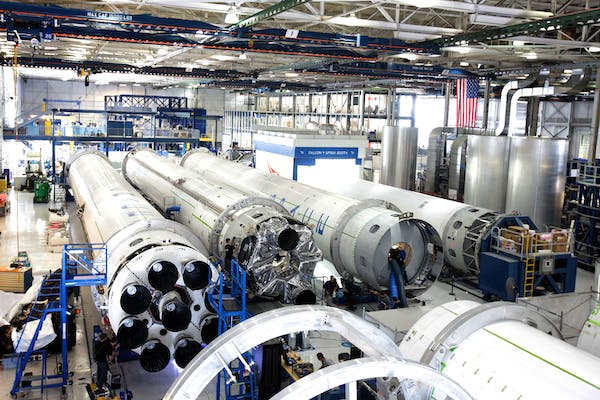If you work in a grocery store, supermarket, farmer’s market, convenience store, or any other industry that sells or otherwise handles fresh produce on a regular basis, you should pay close attention to the humidity level. Humidity – the amount of moisture vapor in the air – plays a direct role in the shelf life of fruits and vegetables. Turning a blind eye to this measurement could result in spoiled produce, which is something no store owners wants to see.
Now for the million-dollar question: how does humidity affect fruit and vegetables? The level of airborne water vapor affects produce in several different ways, one of which is the potential for wilting. Ever place a head of iceberg lettuce in your refrigerator only to discover that it’s wilted just several days later? This is caused by exposure to low humidity. When leafy greens are stored in environments characterized by dry air, the moisture content within the greens evaporates into the air; thus, causing them to wilt.
Some of the produce that’s best stored in environments of 90% relative humidity (RH) or higher include asparagus, apples, broccoli, Brussels sprouts, cabbage, carrots, cauliflower, celery, collards, corn, grapes, kale, leeks, lettuce, parsley, pears, peas, radishes, rhubarb, rutabagas and spinach.
But overly humid environments can prove equally as damaging to certain types of fresh vegetables and fruit. When produce is exposed to humid environments, it will become soft, soggy and eventually rot. This is particularly problematic for fruits such as strawberries, blackberries, blueberries and peaches. A good rule of thumb is to store leafy greens that won’t wilt in high-humid environments and fruits and vegetables that will wilt in low-humid environments.
Furthermore, humidity promotes the growth of mold. A bag of strawberries may last for several weeks when stored in a humidity-controlled environment. If they were stored in an environment with high humidity, however, they may spoil within just a couple days.
A report published by Jeannie Nichols of Michigan State University states that “Fruit and vegetable crispers are designed to maintain a higher humidity than the rest of the refrigerator, so your fresh produce lasts longer. But different types of produce have different storage needs. That is why some refrigerators give you the ability to control humidity levels by increasing or decreasing the air flow permitted into the storage bins.”





